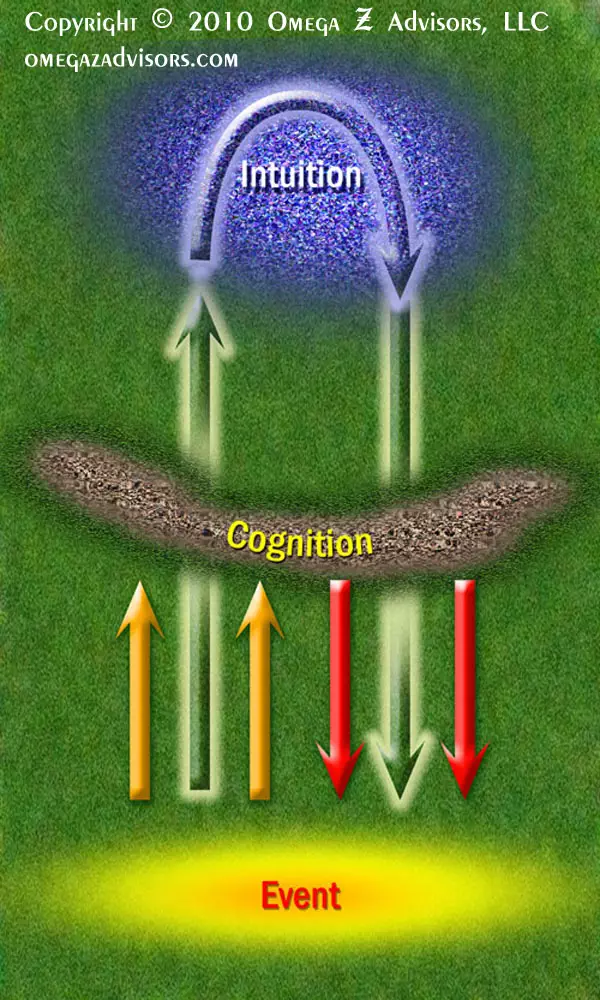Eighteen Intuitive Assumptions Regarding Influence
We’re influenced subliminally every day. Our intuition sorts through these influences. Here are eighteen assumptions regarding these influences and intuition’s role:
- Emotions are more powerful than thoughts and consequently more influential.
- People are more influenced, motivated and inspired by what they like rather than what they understand.
- Intuition is a collection of feelings or emotions about something.
- Intuition for something is more comprehensive than knowledge of the same thing.
- People will feel things before they are conscious of those feelings.
- People will consciously feel something before they can form those feelings into thoughts.
- Personal observations are more influential than second and third party comments.
- Many times people are not aware of the things influencing them.
- Even though people are aware of something, it can influence them without their knowledge.
- People aware of an influence may incorrectly attribute it to something else, if at all.
- People’s likes influence them despite the absence of reasons for the liking or influence.
- Imaginary things can influence people.
- Placing things in groups alters the influence that each thing delivered individually.
- Groups of things influence people despite the absence of a rational connection among the things.
- Rearranging a group of things will cause the same group to exert a different influence.
- People are born with varying emotional capabilities and thus varying intuitive capabilities too.
- People can develop their intuition as they can develop their minds and muscles.
- Intuition, as with minds and muscles, atrophy with disuse.
These assumptions raise awareness as to when subliminal influences might be working on us. They also give suggestions as to how we might influence others. Our intuition raises the purposes of these influences to a conscious level. The greater our awareness and our intuition, the more likely we will be to use helpful influences and to ward off harmful ones. Otherwise, we will continue to remain victims of them. Others will influence us in ways we do not desire, or we will sabotage our work by influencing people incorrectly for our purposes.


